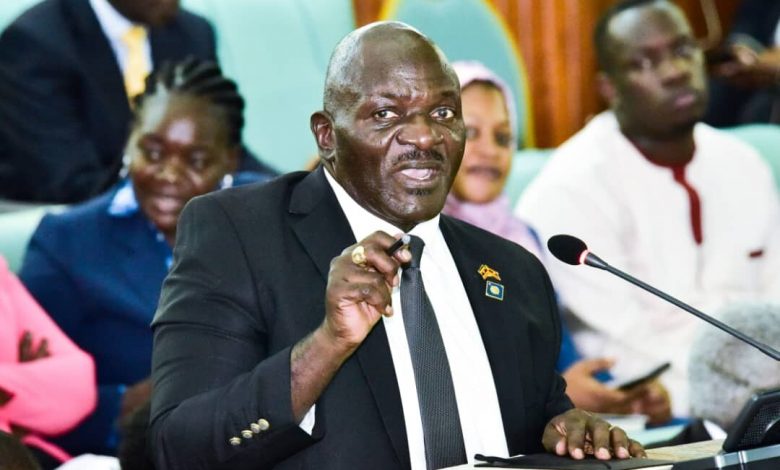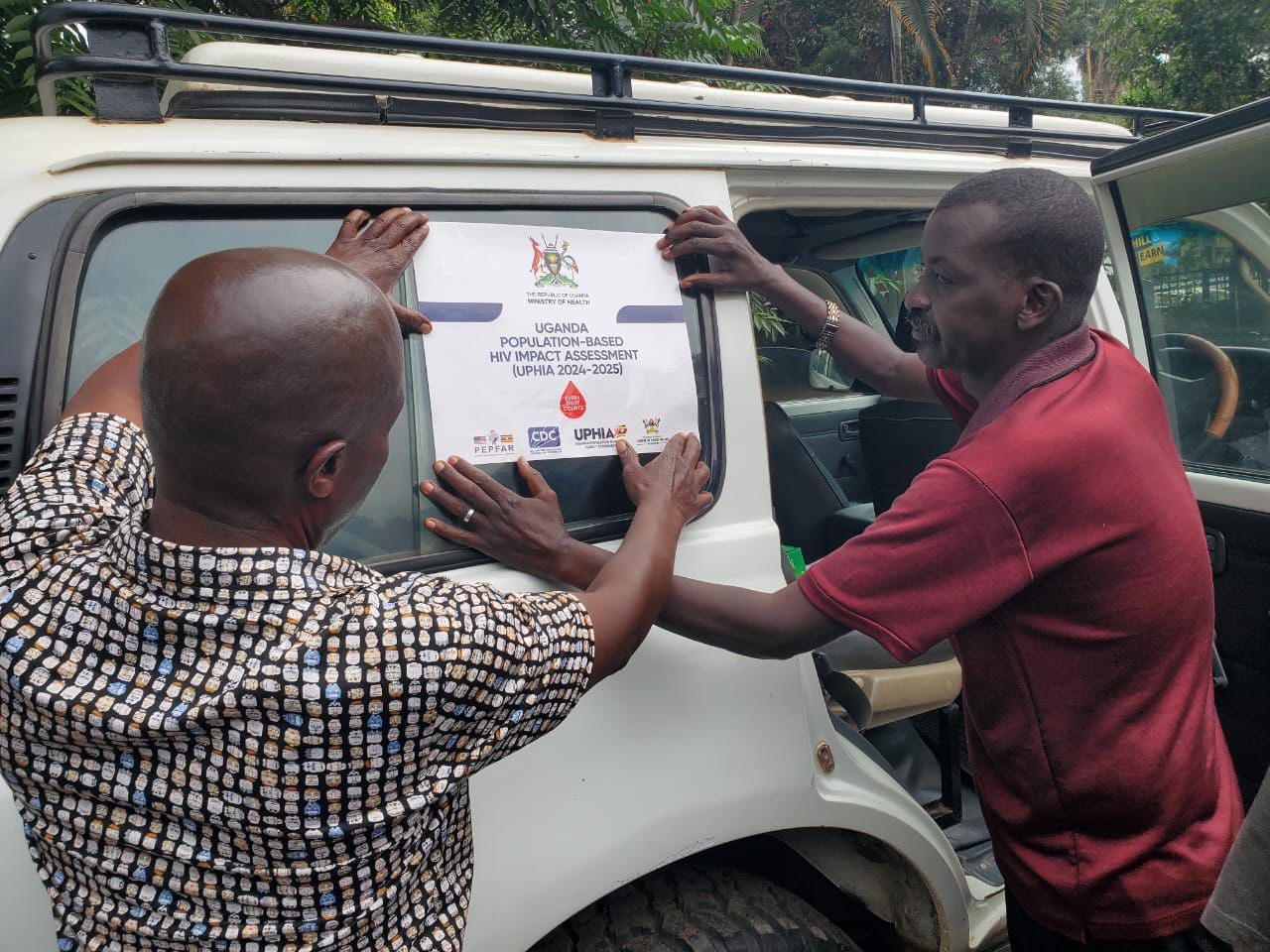Minister of Works wants UNRA and Uganda Road Fund abolished
According to the minister, the staffing at Road Fund is 36 which isn’t much, with UNRA’s wage bill being Shs.71billion.

The Minister of Works and Transport, Gen. Edward Katumba Wamala has revealed that the abolishing of Uganda National Roads Authority (UNRA), will see the government save Shs.39 billion monthly in wages, paid to the current bloated human resource structure of the Authority.
Katumba said this money can be used to construct roads to relieve Ugandans of potholes, stressing that “The current staffing levels of the three entities include a total of 1,544 permanent, contingency, contract, senior management earning a total of Shs71Bn. The Ministry of Works has 544 members of staff and the wage bill is Shs17 billion.”
According to the minister, the staffing at Road Fund is 36 which isn’t much, with UNRA’s wage bill being Shs.71billion.
He noted that if the government gets all these staff to be employed under public service terms, it will save Shs 39 billion in wages only per month without talking about other overheads.
“That is a very big saving for this Government and that money can do several roads in the country, both murram and tarmac,” he added.
Katumba argued that abolishing the authority cannot lead to massive unemployment in Uganda, because UNRA staff interested in offering their services too would be absorbed into the Ministry of Works and these will be employed under the terms of public service.
“If you are going to have effective command and control, and are also going to have effective delivery of services, our resources need to be concentrated, prioritized in the quest to achieve maximum effect. That is why we are absorbing all the UNRA Staff that are willing to offer services to this nation under the public service terms and conditions in the Ministry, thus, the fear which had been expressed earlier of creating unemployment doesn’t exist because we are absorbing all the members of that agency,” argued Katumba.
He also called on MPs to back the government’s proposal to abolish UNRA and Uganda Road Fund, saying such a move would relieve the Government of the financial drain of its resources and wasteful and burdened expenditure at UNRA.
“To restructure and re-organize these agencies and departments of Government, we want to eliminate bloated structures and functional ambiguities in Government. Agencies operate bloated structures that aren’t aligned to the mandates and are a drain to the treasury, thus defeating one of the objectives of cost-cutting,”
Parliament’s Physical Infrastructure Committee warned MPs against abolishing UNRA, saying it would lead to delays in the execution of projects and that the Authority should be retained because it has served the mandate, for which it was created and is thus still relevant in Uganda.
Dan Kimosho from Kazo County defended the position of Parliament’s Physical Infrastructure Committee, arguing that Uganda still requires undertaking major national road projects such as tolled expressways and managing toll operations.
He said, “dulling of major road corridors, flyovers and long span bridges (such as the Nile Bridge), all these projects require more specialist skills and efficient management than even what UNRA has currently and UNRA should rather be enhanced instead of mainstreaming it.”
“The relevance of UNRA is expected to even be more pertinent moving forward when more of these planned complex projects are under Public-private Partnerships. The Committee further observed that several projects under UNRA are financed by loans whose agreements between the Government of Uganda and the creditors specify that UNRA is the implementing agency. A change in the implementing agency will require re-negotiation whose outcome and duration are unpredictable,”
Dan Kimosho further emphasized that government is likely to suffer a setback of delayed project implementation and completion of such important and strategic road infrastructure, because of the shocks that come with the rationalization process.
Further, he added that aware of the challenges that may currently exist at UNRA, such as the bloated structure, inadequate stakeholder management as well as other governance challenges, UNRA has served the purpose of its creation and it is still relevant given the importance attached to the development of the national roads network.
By the end of the debate in parliament, the Physical Infrastructure Committee rejected government’s argument that UNRA’s existence has imposed a financial drain on government resources and thus the burden of wasteful expenditure, citing the Shs75Bn UNRA collected in toll revenues from the Kampala-Entebbe Expressway.
This money, according to the committee, is deposited into the Consolidated Fund after operational and maintenance costs have been catered for and this revenue is expected to increase upon the completion of Busega-Mpigi Expressway.
The Committee also defended UNRA’s purported bloated wage bill noting that one of the objectives for the creation of the Authority with attractive remuneration, was because the Ministry had failed to attract highly skilled staff due to low salaries.
MPs arguably rejected plans by the government to abolish UNRA a move that prompted the Minister of Works and Transport, to ask for more time to table fresh amendments to the Uganda National Roads Authority Amendment Bill 2024.







